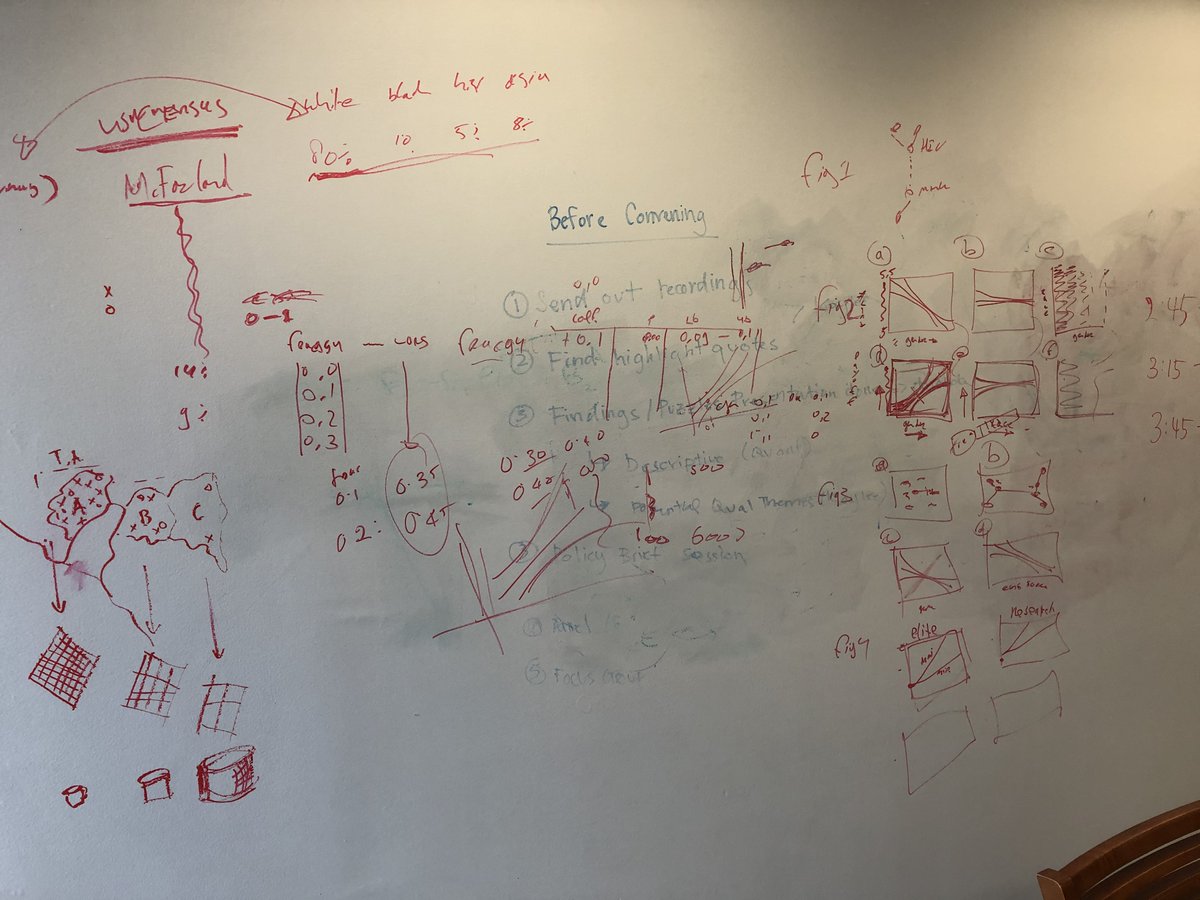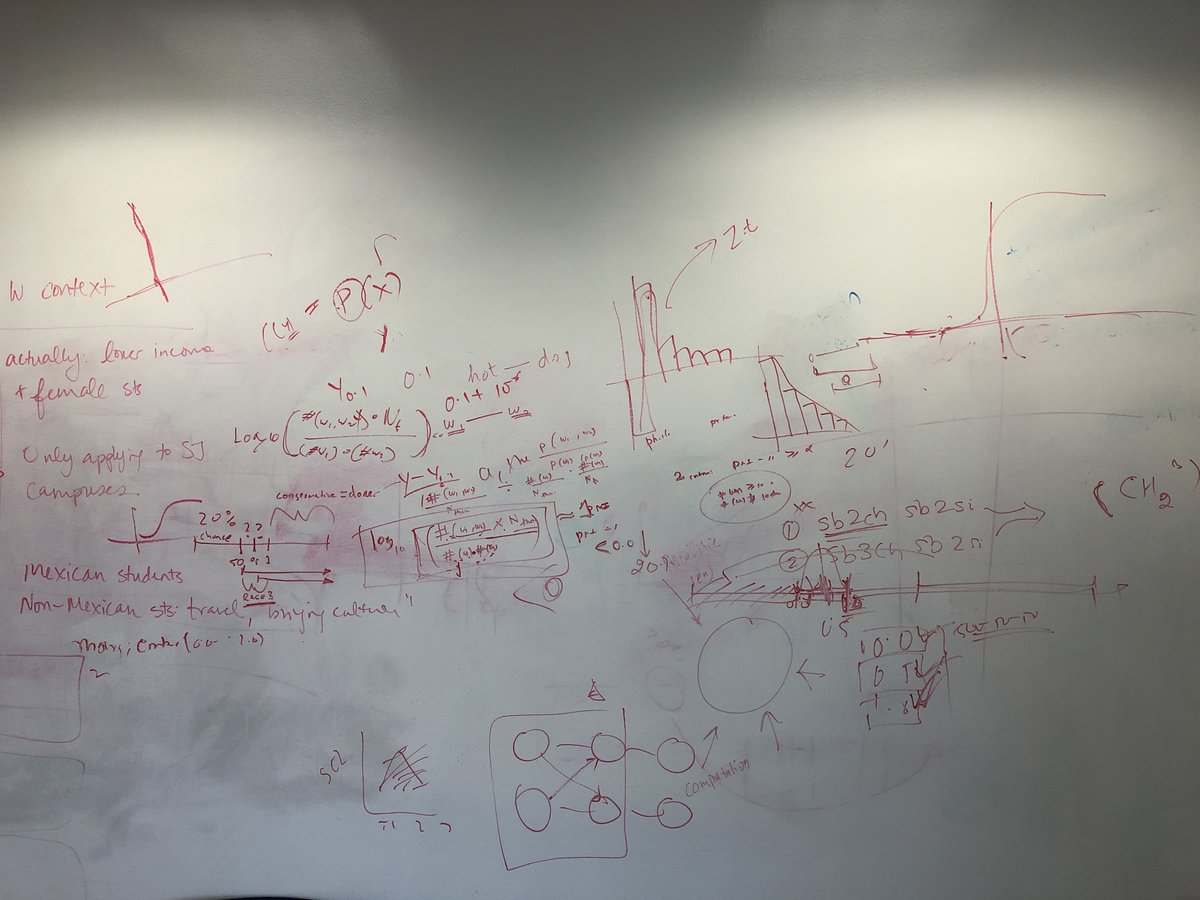Thrilled and proud that @PNASNews published our study Today: The Diversity-Innovation Paradox in Science. Find it here: https://www.pnas.org/content/early/2020/04/10/1915378117.">https://www.pnas.org/content/e... GitHub: https://github.com/bhofstra/diversity_innovation_paradox.">https://github.com/bhofstra/... Short primer: https://www.bashofstra.com/diversity-innovation.">https://www.bashofstra.com/diversity... 1/n
Study by myself, @viveksck, Sebastian Munoz-Najar Galvez, Bryan He, @jurafsky, &Dan McFarland. We study the diversity-innovation paradox: Diversity breeds innovation, yet underrepresented groups that diversify organizations have less successful careers within them. 2/n
Does the diversity-innovation paradox hold for scientists as well? To answer this question, we use text analysis and machine learning as well as US census and dissertations of more than 1.2 million recipients of doctoral degrees from 1977 to 2015. 3/n
We find that underrepresented groups, such as women and racial minorities, produce higher rates of scientific novelty than their gender and racial majority peers; however, the contributions of underrepresented individuals are taken up by other scholars at lower… 4/n
…rates than those of gender and racial majorities and the scientific novelty of underrepresented individuals’ contributions are less likely to bring them faculty jobs or continued research careers, suggesting minority innovation is discounted and perpetuates...5/n
...underrepresentation in science. These findings stress the continued importance of critically evaluating and addressing biases in faculty hiring, research evaluation, and publication practices. 6/n
I’m proud to see this project published in @PNASNews. It combines several things I deem valuable: using state-of-the-art computational methods and big data to ask new questions and to test new sociological conjectures, pulling knowledge and collaborators from across fields. 7/n
Many credits go to all members of Dan McFarland& #39;s lab at @StanfordEd: they had to endure *many* lunch talks of different iterations of the study, but each time provided extremely useful feedback. @PNASNews’s reviewers were also extraordinarily helpful and improved the paper. 8/n
The project’s genesis was a couple months after when I arrived at @Stanford’s @StanfordEd as a postdoc (Summer 2017), though we started to work on it seriously somewhere September 2018. We continued to work on it, sharpened and developed it over several years, each new…9/n
…iteration (hopefully) better than the last one (you know, as science is supposed to work), and drawing in new expertise and collaborators as we proceeded. Last estimate on the number of emails send about this project: ~500. 10/n
Attached some rather inexplicable wall drawings of @viveksck and myself in later stages of the project during our many conversations. 11/n
Let me know what you think of it, or how we can develop this moving forward. Many related projects in the works. More than happy to chat!
#diversity #innovation #bigdata #networkanalysis #gender #metascience #scienceofscience #inclusion #sociology #machinelearning 12/end
#diversity #innovation #bigdata #networkanalysis #gender #metascience #scienceofscience #inclusion #sociology #machinelearning 12/end
Nearly forgot: some of my time on this study was partly funded by @NWO_SSH that funded my second year at Stanford year through a Rubicon grant!

 Read on Twitter
Read on Twitter



